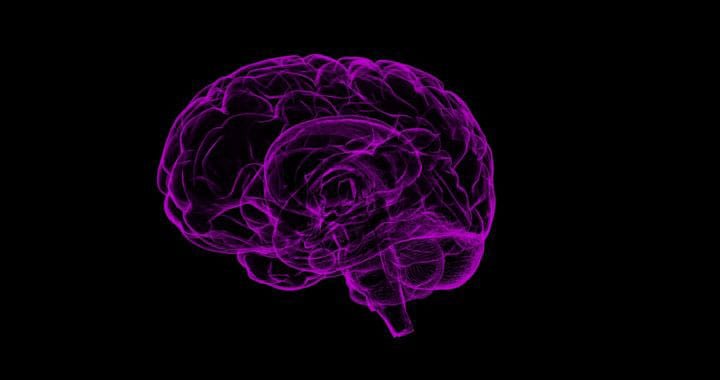In the United States, Orphan Drug designation is granted to drugs or biologics being developed to treat, prevent, or diagnose a rare disease. These are conditions affecting fewer than 200,000 people within the United States. Orphan Drug designation, which comes with a variety of incentives such as fee waivers, tax credits, and seven years of market exclusivity upon drug approval, has helped spur numerous medical advances. According to Pharmaceutical Business Review, the FDA recently granted Orphan Drug designation to RAG-17 for amyotrophic lateral sclerosis (ALS).
RAG-17 is being developed by early-stage pharmaceutical company Ractigen Therapeutics, who holds a mission of:
“[unleashing] the power of oligonucleotide therapeutics to tackle unmet medical needs.”
In this case, RAG-17 is an siRNA therapy that inhibits, or “knocks down,” the expression of SOD1 in those living with ALS. The therapy particularly targets pathogenic (disease-causing) mutations. RAG-17 is delivered via Ractigen’s proprietary Smart Chemistry-Aided Delivery platform to enhance therapeutic efficacy. So far, the drug has shown promise in preclinical research.
What is Amyotrophic Lateral Sclerosis (ALS)?
Amyotrophic lateral sclerosis (ALS) is a progressive neurodegenerative disorder that affects nerve cells in the brain and spinal cord. Some genetic mutations have been associated with familial ALS, but a large portion of ALS cases have no known cause. In ALS, the neurodegeneration causes muscle weakening and wasting. Sclerosis (“thickening” or “hardening” of the tissue) also occurs in areas of muscle wasting. As a result, people living with this condition experience a loss of voluntary movement and control. Amyotrophic lateral sclerosis is more common in males, older individuals, and Caucasians. Symptoms vary from person to person but may include:
- Frequent tripping and falling
- Difficulty performing small movements or walking
- Muscle cramping, twitching, or tightness
- Slurred speech
- Vocal cord spasms
- Weakness in the arms, hands, and legs
- Difficulty speaking or swallowing
- Poor posture, balance, and coordination
- Unintended weight loss
- Gradual inability to move muscles throughout the entire body
- Mild cognitive impairment
- Severe constipation
- Psychological stress
No cure exists for amyotrophic lateral sclerosis. Treatment options include riluzole, physical therapy, speech therapy, nutritional or ventilation support, pain medications, and hospice care. The prognosis for survival is around two to five years following diagnosis. Therefore, discovering more effective and beneficial therapeutic options is urgently needed.






